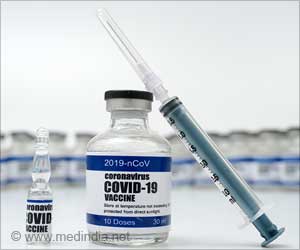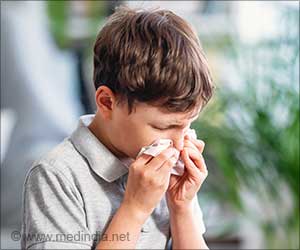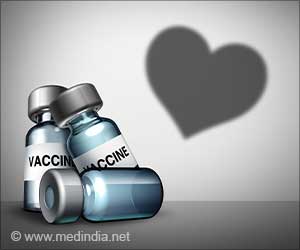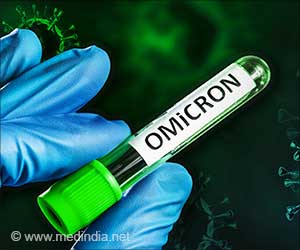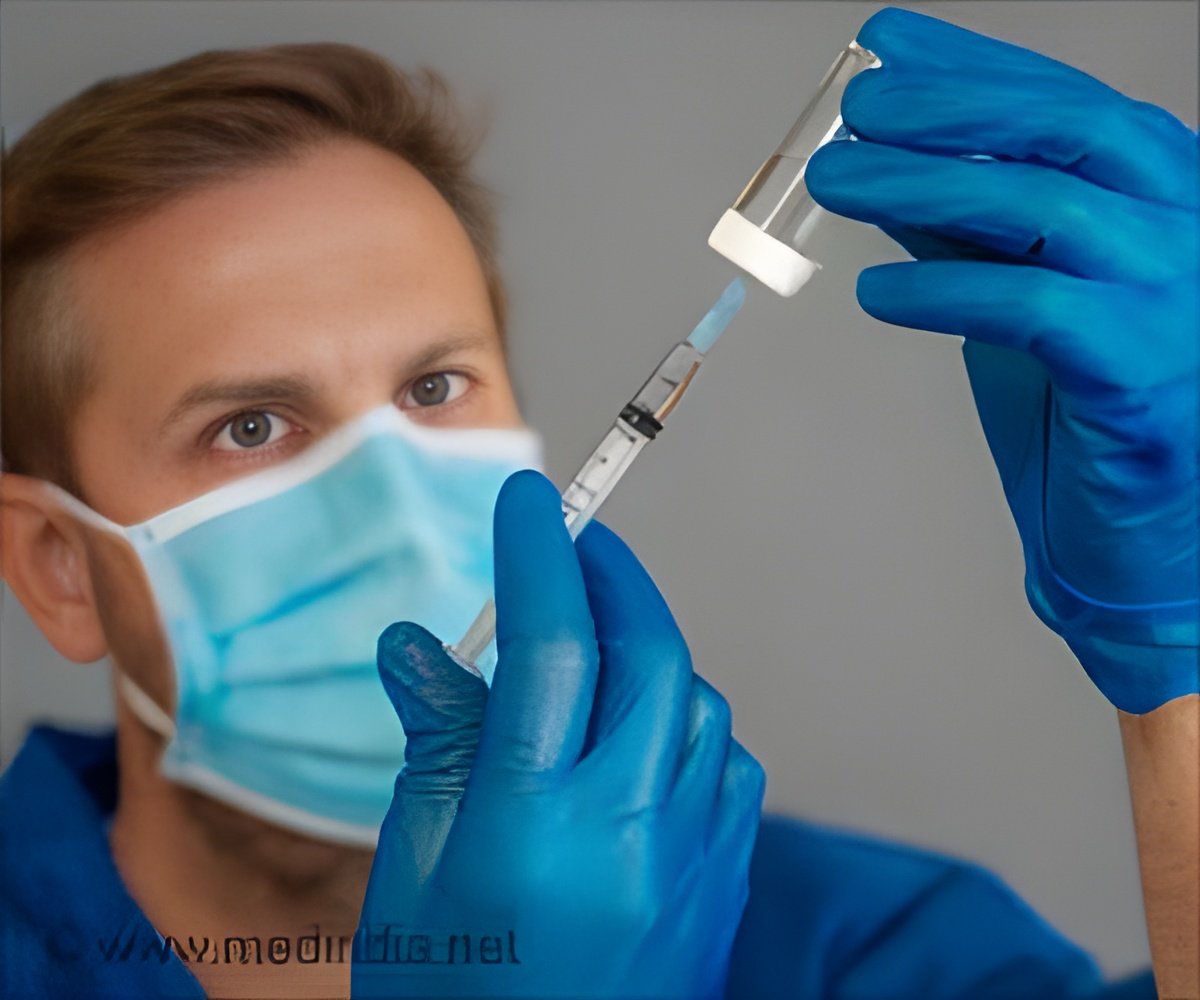
‘The studies conducted in UK, Australia, and South Korea show that the COVID-19 antibodies last for 6-8 months hence protecting the patients from reinfection.’
Read More..Tweet it Now
The study published in the New England Journal of Medicine suggests that the antibodies might protect people who've already had COVID-19 from being reinfected for at least six months.Read More..
The researchers tested and followed 12,541 healthcare workers at Oxford University Hospitals in the United Kingdom for up to 31 weeks. Polymerase chain reaction (PCR) tests were conducted on the healthcare workers who had tested positive and negative, including both symptomatic and asymptomatic cases to determine the incidence of COVID-19.
Out of the 12,541 healthcare workers, 11,364 did not have antibody levels, and 1,265 had positive results, which also included 88 healthcare workers in whom seroconversion occurred during follow-up. 223 anti-spike–negative health care workers had a positive PCR test. Up to 100 were found to be asymptomatic and 123 were to have symptoms.
Australia
The study published in the journal Science Immunology followed patients from day 4 to day 242 after infection. All of these patients had memory B cells—immune cells that ‘remember’ viral proteins and can activate rapid production of antibodies when re-exposed to the virus as long as 8 months after initial infection.
Advertisement
In contrast, it was found that the levels of memory B cell continued to rise up to 150 days post-infection and remained detectable 240 days post-symptom onset. This suggests that the patient immune system was ready to respond to reinfection. The extended presence is a better indicator of long-term immune response than serum antibodies.
Advertisement
Senior author Menno van Zelm, PhD, in a Monash University said, “ These results are important because they show, definitively, that patients infected with the COVID-19 virus do in fact retain immunity against the virus and the disease. This has been a black cloud hanging over the potential protection that could be provided by any COVID-19 vaccine and gives real hope that, once a vaccine or vaccines are developed, they will provide long-term protection."
South Korea
The study published in the journal Emerging Infectious Diseases investigated the antibody responses in 58 confirmed COVID-19 patients in South Korea 8 months after asymptomatic or mild SARS-CoV-2 infection and found high rates of serum antibodies.
The researchers measured COVID-19–specific antibodies using four commercial immunoassay tests in isolated patients at a Seoul National University Hospital community treatment center.
The authors said, “Rates differed according to immunoassay methods or manufacturers, thereby explaining differences in rates between the studies. Despite concerns of waning immunity, appropriate immunoassays can detect antibodies against SARS-CoV-2 at 8 months after infection in most asymptomatic or mildly symptomatic persons.”
Source-Medindia


